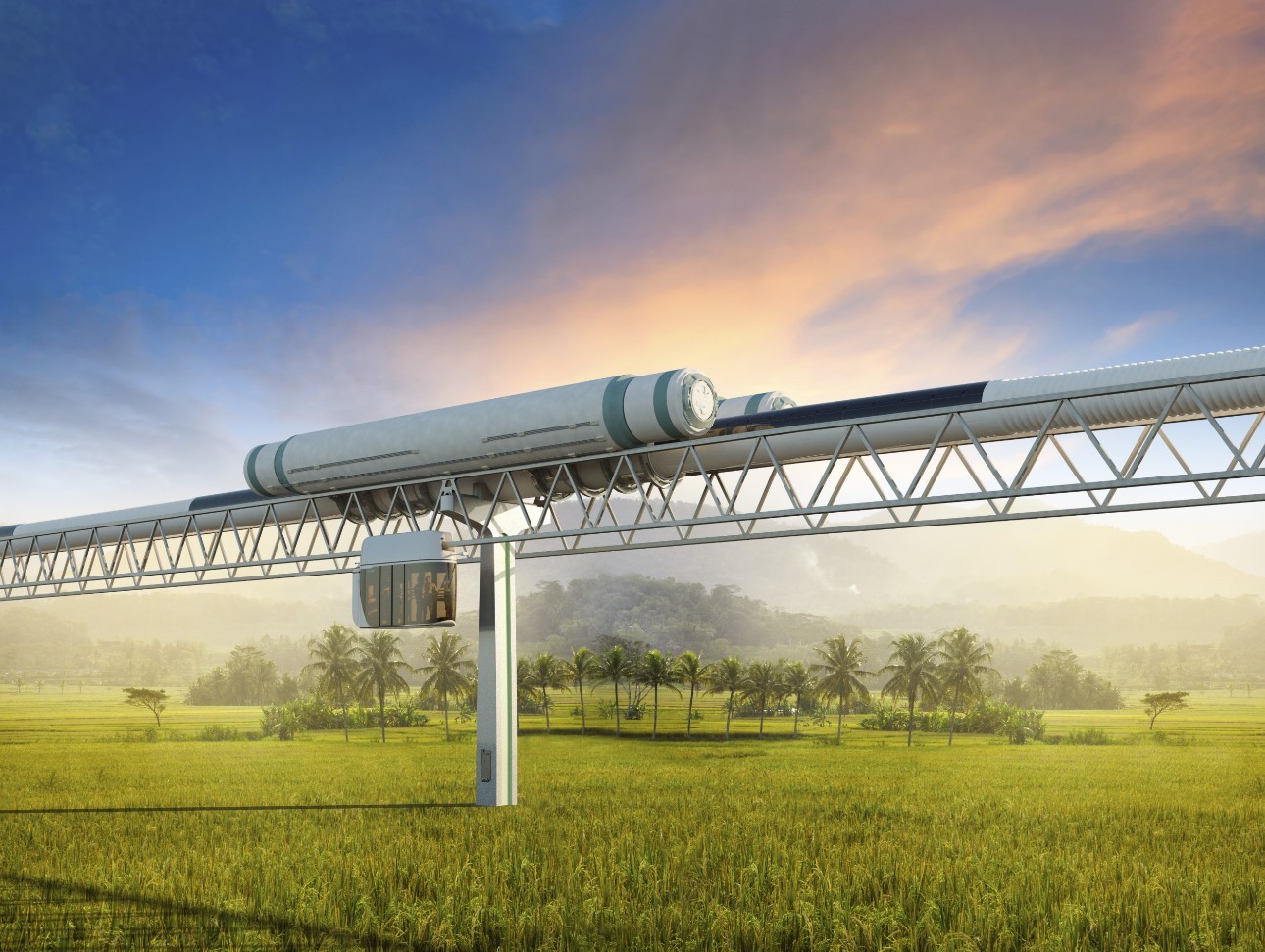Unique conference on the non-rocket industrialization of near space was held in Belarus
The IV International Scientific and Technical Conference “Non-Rocket Near Space Industrialization: Problems, Ideas, Projects” was held in Maryina Gorka
The IV International Scientific and Technical Conference “Non-Rocket Near Space Industrialization: Problems, Ideas, Projects” has united scientists, developers, environmentalists, social and political figures from 17 countries of the world to discuss further plans and achievements for the implementation of the innovative uSpace global geocosmic program.
uSpace aims to solve the Earth’s global environmental problems, bring harmful parts of the industry into orbit, provide access to inexhaustible space resources, ensure the growth of the world economy, as well as develop high-tech manufacturing industries in space, make the planet safe from space threats, and start a large-scale exploration of deep space.
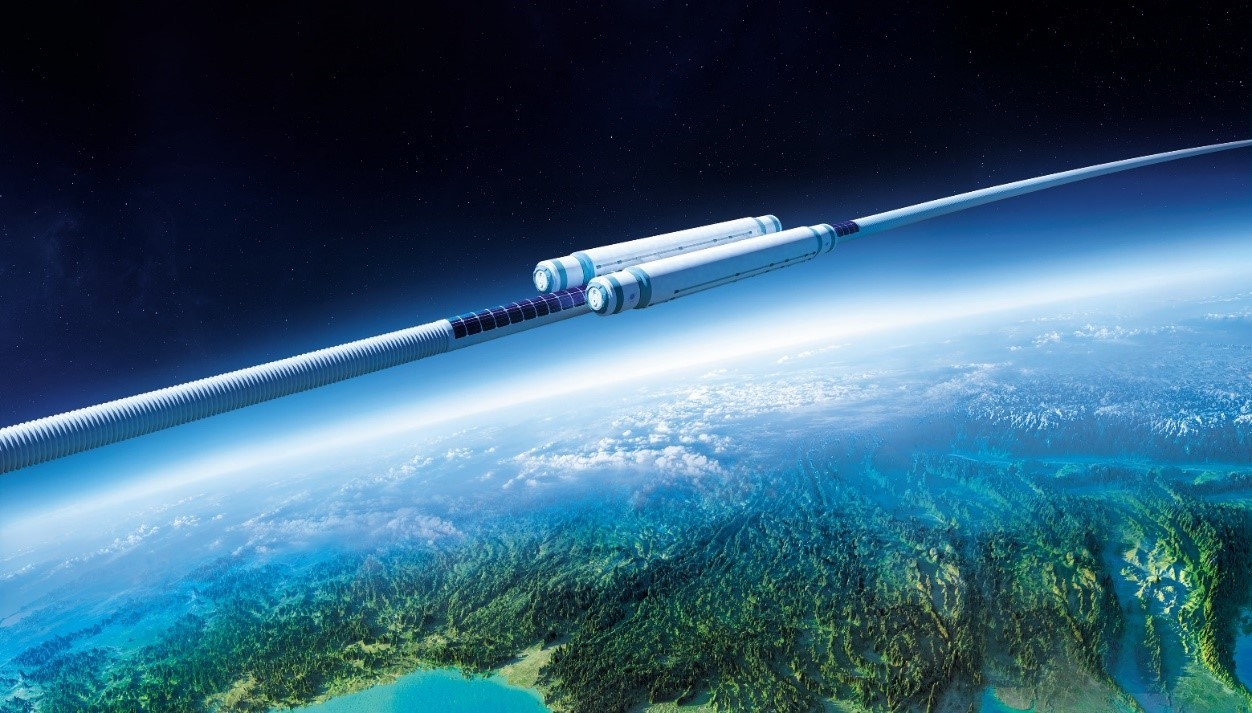
The representatives of the academic, scientific, social, and commercial entities from Belarus, Russia, Ukraine, Great Britain, Germany, Spain, Sweden, Estonia, Slovakia, Romania, the United States, Canada, the United Arab Emirates, Saudi Arabia, Ghana, Congo, and China showed great interest in the event despite the coronavirus pandemic . Most of them participated virtually.
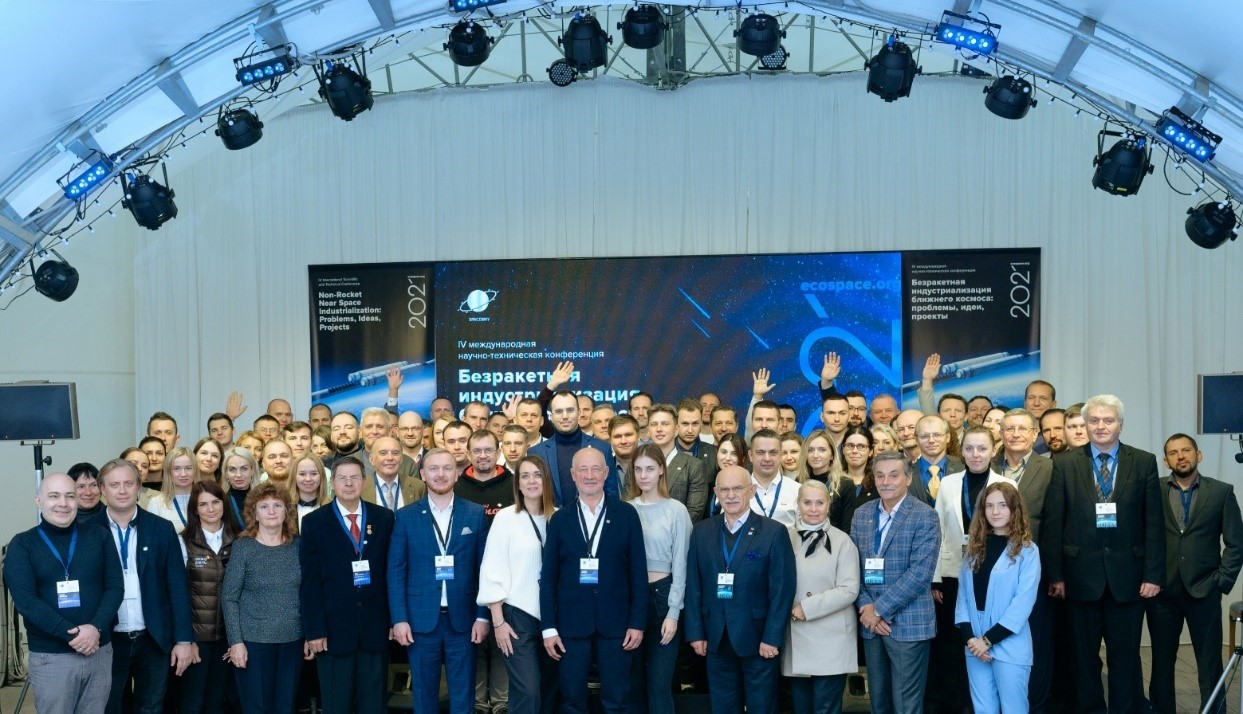
There were the following proposals to reduce environmental stress.
– Transfer of a harmful part of the Earth’s industry to near space with the use of the General Planetary Vehicle.
– Building an alternative to modern mega-cities, i.e., green settlements of a new type - linear cities that will provide their inhabitants with all they need: organic food, green energy, clean air, decent and well-paid jobs, recreation and moral entertainment.
– Arrangement of environmentally friendly and high-efficiency transport and energy information communications of the “second level”.
– Introduction of new technologies to create enclosed ecosystems in order to exploit inaccessible areas with adverse human conditions.
– Use of innovative energy technologies while producing a fertile biohumus and other organic components for the Earth’s biosphere.
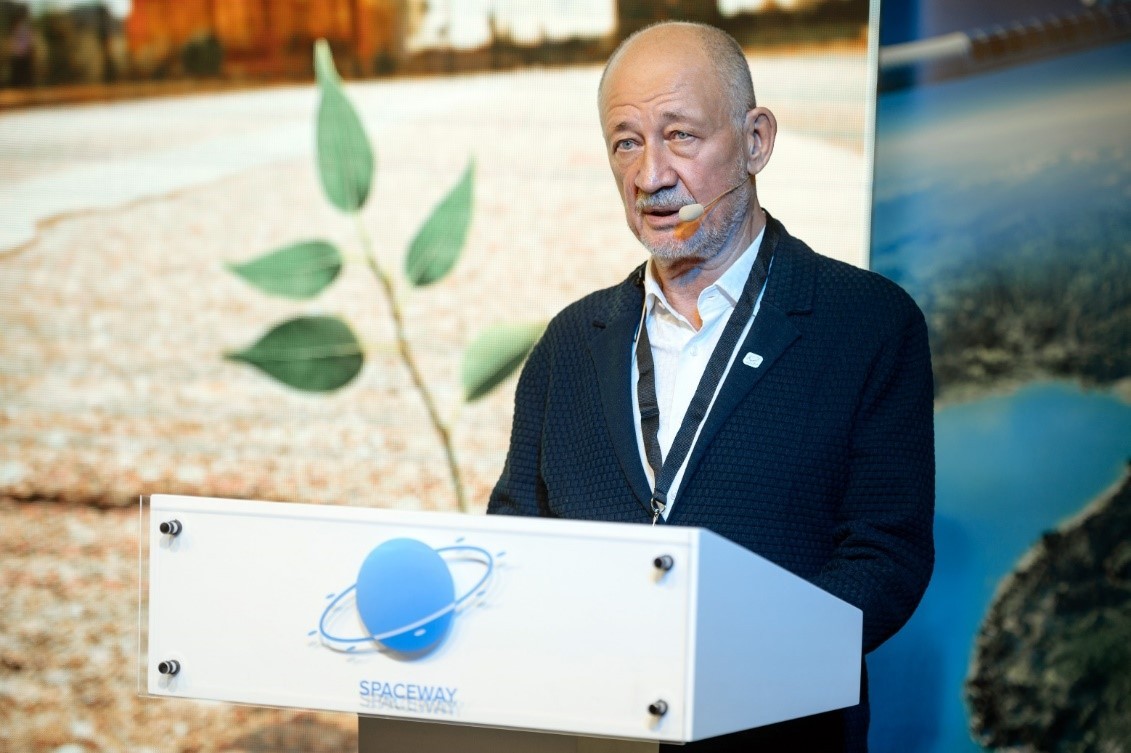
«There are engineers here who are offering the technologies needed to save the humanity. – Anatoli Unitsky, Engineer and Chairman of the Conference Organizing Committee, has noted. – One of them is the key technology for bringing harmful industry into space. Rockets do not match because they are extremely expensive and environmentally hazardous. I propose an effective solution to this task that is the construction and operation of the General Planetary Vehicle (GPV), which can carry up to 10 million cargo and up to 10 million passengers per flight. One year of the GPV operation is equivalent to 100 thousand years of work of the traditional rocket and space industry. The second technology is a new way of life that means living in linear cities instead of large mega-cities where people will be provided with all they need”.

Hussain Al Mahmoudi, Director General of Sharjah Research, Technology, and Innovation Park and the American University of Sharjah (UAE), has outlined in his speech the following: “Today’s event devoted to space exploration is exciting. We are proud to cooperate with the organizers and participants of the Conference. We are confident that the effective exploration of outer space will contribute to solving the problems of environmental sustainability and economic and social stability. Our universe suffers from unacceptable impacts. It is our common responsibility to meet these challenges and to create new development opportunities for us and future generations”.
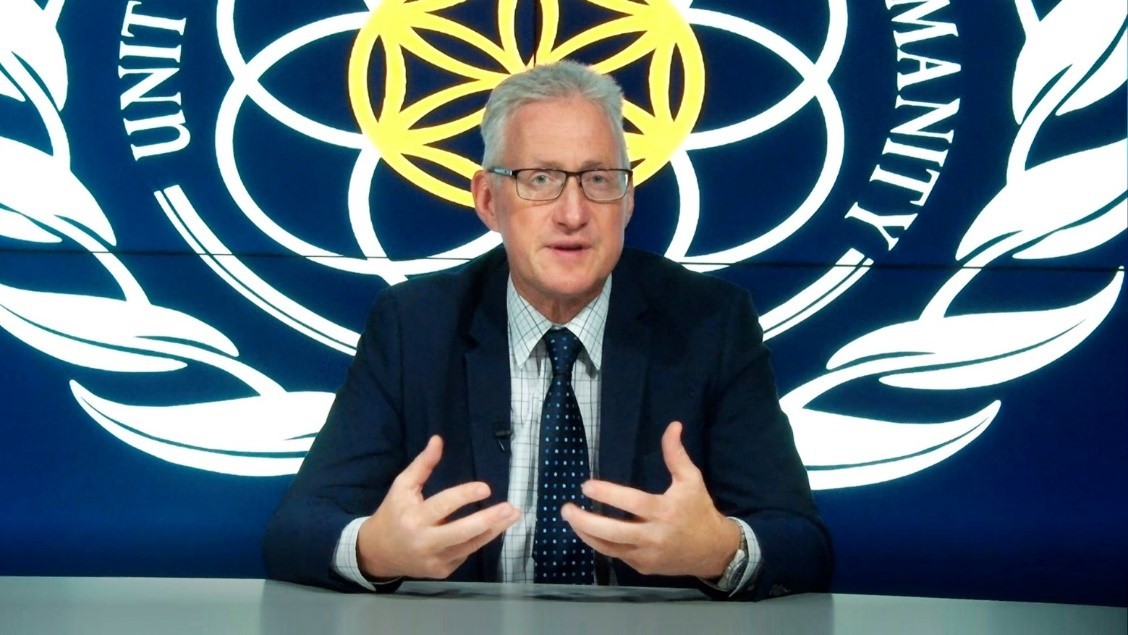
Lembit Opik, Chairman of the Parliament of the Space State of Asgardia (United Kingdom), shared his opinion: “This conference is an excellent opportunity to take a technical look at the exploration of outer space, which none of the existing widely distributed systems provides. Rockets cannot support the necessary scale. We must find a better way. That is why the non-rocket exploration of near space is so important today, because otherwise it will be impossible to create a continuous and self-sufficient space environment. It is necessary to move away from rockets and use new technologies that would make space financially, logistically, and environmentally avaliable on an industrial scale”.
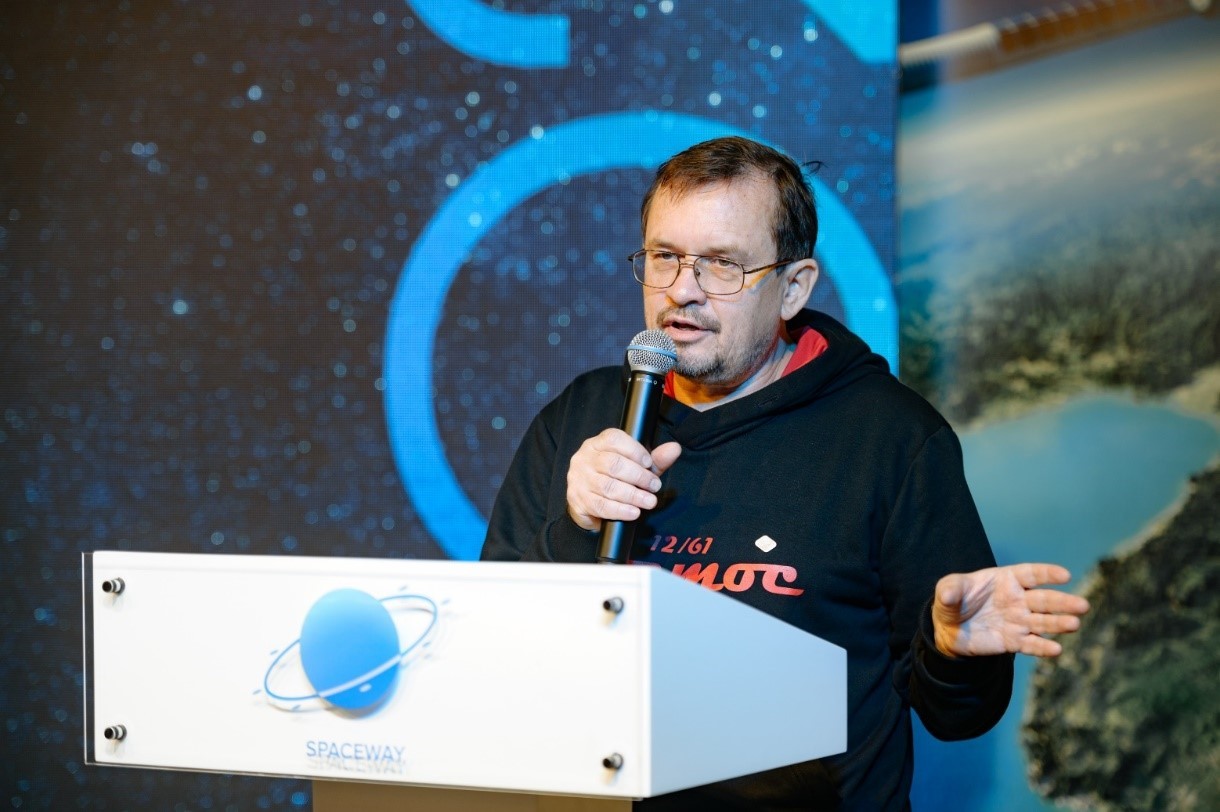
“This is not a common topic because there are many followers of the traditional (rocket-base) methods of space exploration. However, I believe that they have mainly come to deadlock. And first of all, this is a result of mistargeting and lack of a systematic approach. What do we want to leave and where do we want to go? What kind of society do we want to end up with? Very few people think about it, even among those who make decisions in this sphere”, - Igor Shnurenko, writer, independent expert, and speaker on the topic of artificial intelligence (Russia), has noticed.
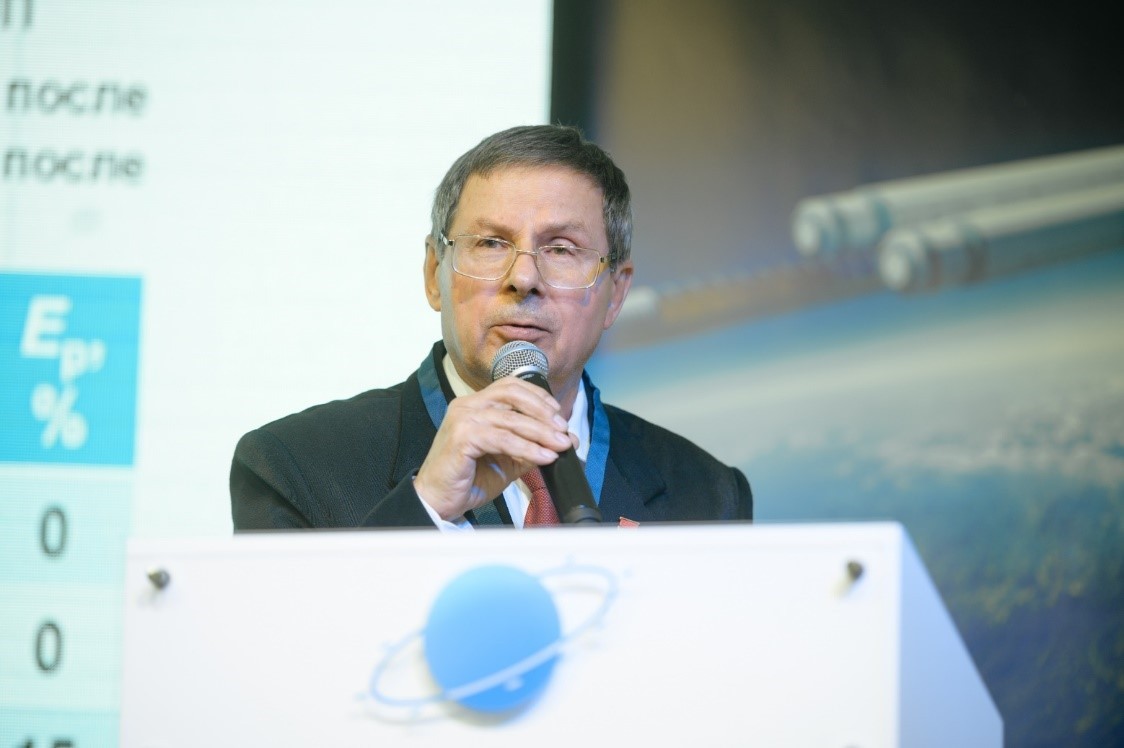
“The ideas having an accurate engineering solution are the most promising ones. But it takes a long time to get these ideas implemented. I think, many years from now there will be three names. Including Anatoli Unitsky”, - one of the participants of the Conference – Yury Pleskachevsky, Corresponding Member of National Academy of Sciences of Belarus, Doctor of Sciences (Engineering), Professor, and Honored Scientist of the Republic of Belarus has shared his opinion.
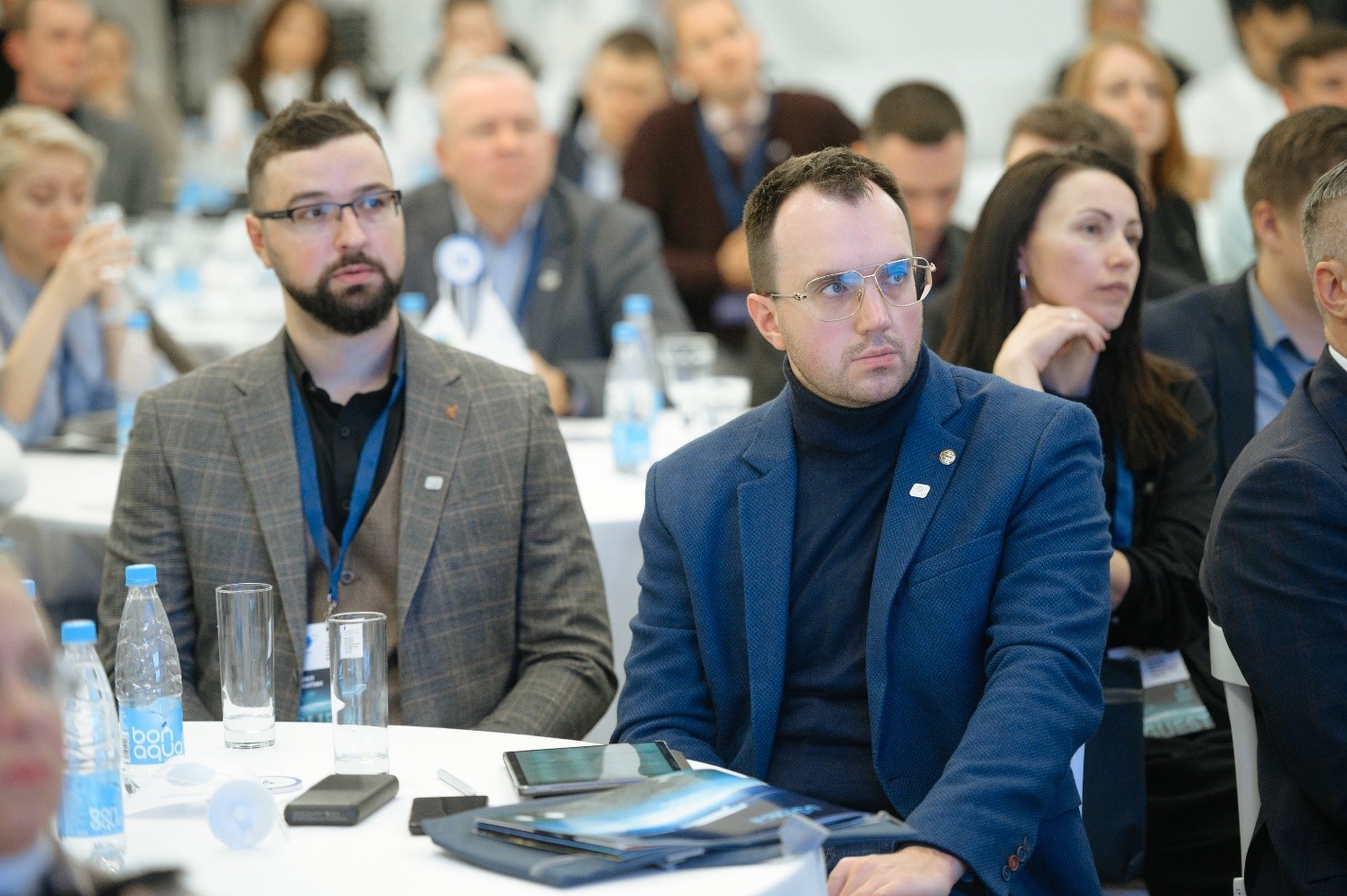
The participants of the IV International Scientific and Technical Conference “Non-Rocket Near Space Industrialization: Problems, Ideas, Projects” have reached the general conclusion: all future mankind that is about 10 billion people can live comfortably and safely on our planet. But we need to start thinking and acting on a cosmic scale even now. The twenty-first century will certainly be a time for the large-scale industrialization of near space. The resources of the solar system are sufficient to satisfy all the advanced technological needs of mankind for millions of years to come. And finally, it is important to take the biosphere path for sustainable development of our man-made terrestrial civilization in the logic of “Earth – for Life, Space – for Industry”.
